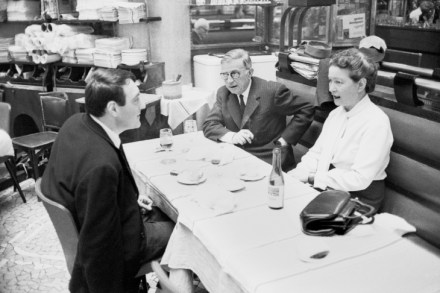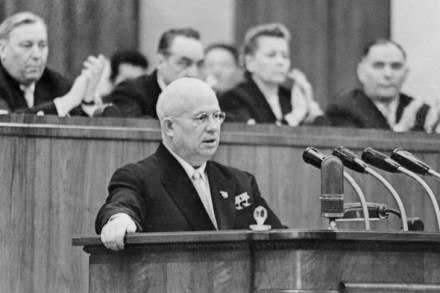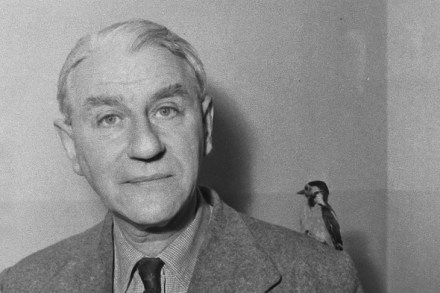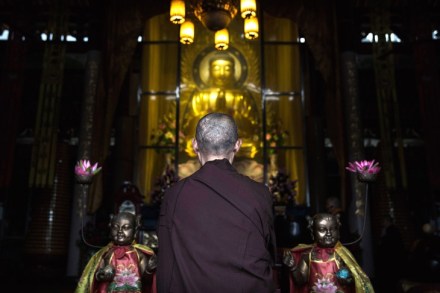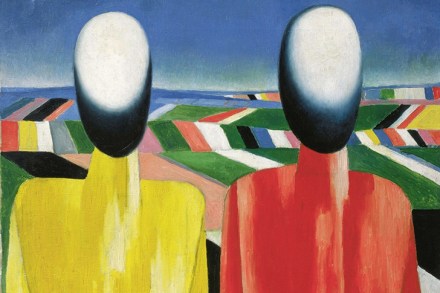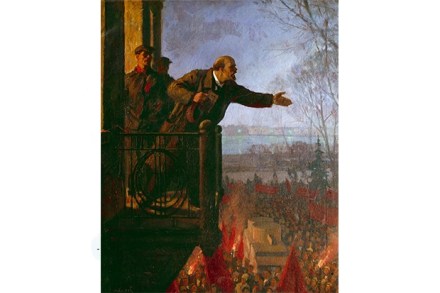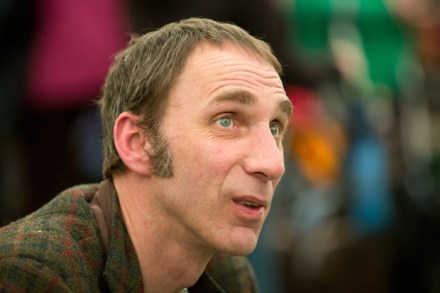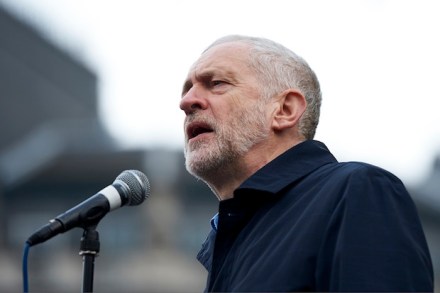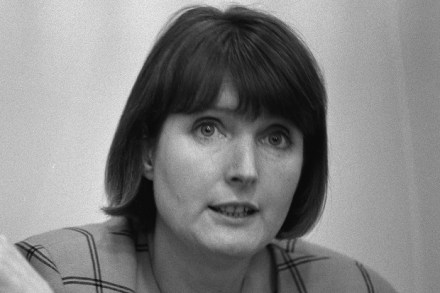Armageddon averted
From 1945 to 1992 the Cold War was the climate. Individual weather events stood out — the Korean War, the Cuban missile crisis, the Hungarian and Prague uprisings, the fall of the Berlin wall — but the possibility of nuclear annihilation, the great divide between the broadly capitalist West and the broadly socialist East and the numerous proxy conflicts it spawned, were the background to daily life. In retrospect, it seems stable, almost cosy: you knew where you were. Its ramifications were so many and so all-encompassing that virtually everything you say about it will be true of some part, somewhere. Odd Arne Westad, a Norwegian who is a Harvard



